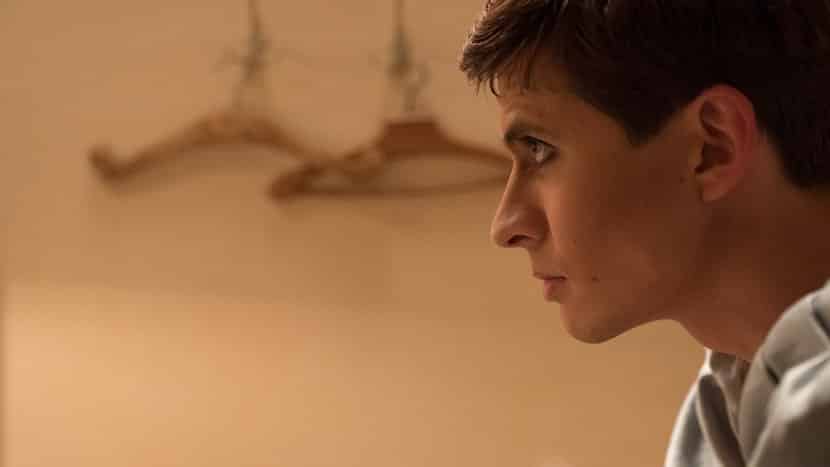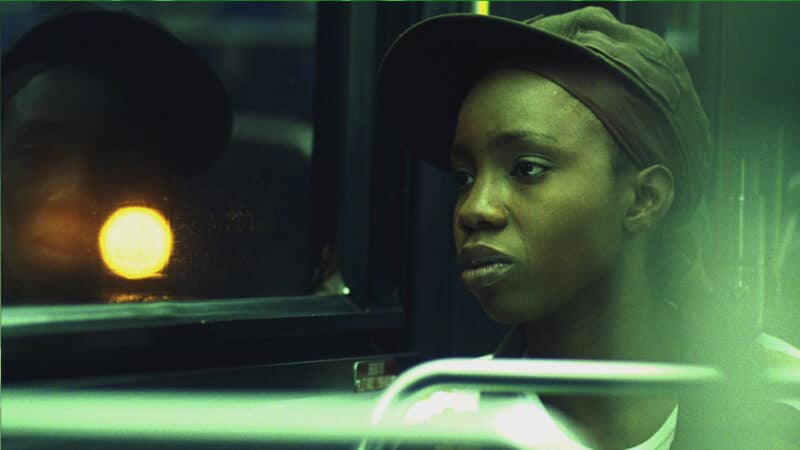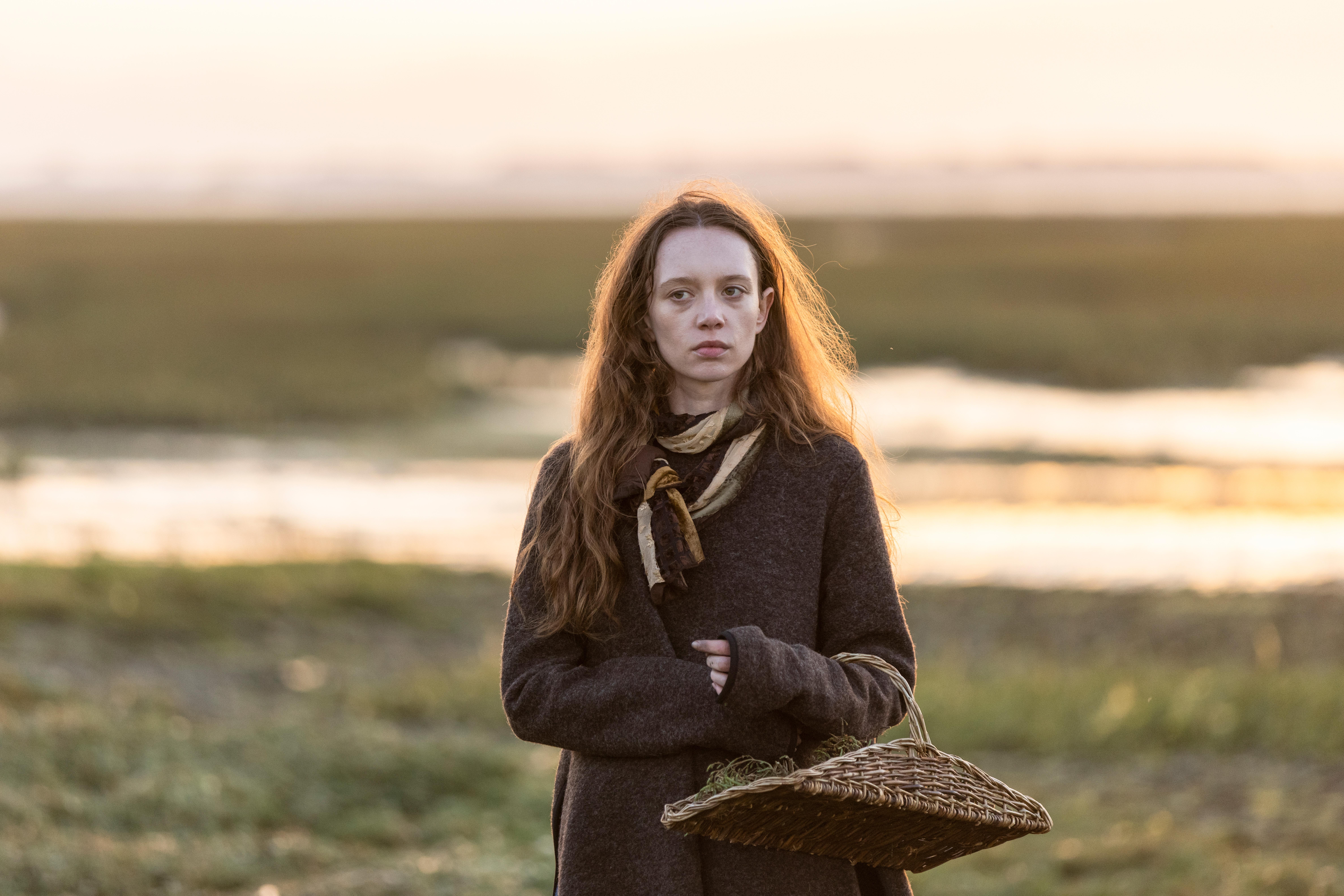Managing to make Black Swan look like a bit of fluff we follow the true story of Rudolf Nureyev and his eventual defection to the west focusing on his early life growing up in poverty in eastern Russia. Directed by Ralph Fiennes (who also plays Pushkin) and written by David Hare you can expect the world to balance on the point of a ballet pump.
With such high expectations does the film step up? Resoundingly yes! Stylish dancers pout and prance, sweating throughout the show. Yet underneath this explosion of physical skill is an undercurrent of the deadly dance of the cold war. Typified by the incredible story of the self-made dancer Nureyev. With snow-covered flashbacks and a refreshingly episodic narrative, we follow the period leading up to the dramatic defection of the dancer. This film has the grace of The Nutcracker with the spikes of the German film The Lives of Others keeping us on our poor bruised toes throughout. The pace of the film is hypnotic, the casting spot on and the choice to have it completely in the corresponding languages is the cherry on top of a wonderful cake. The beauty of the Russian tongue juxtaposed with the threatening cold nature of an alien language is such an added factor in the believability of the film. With such high stakes, feathers, and very tight tights if dealt with clumsily this film could fall into unintentional comedy, lucky this does not happen.
Hare’s writing is superb, as you would imagine. Ralph Fiennes playing Nureyev’s dance teacher and Chulpan Khamatova playing Pushkin’s wife creates a complex and obsessive love entanglement that is fascinating to watch play out. The real star, of cause, is Oleg Ivenko playing Nureyev himself looking every bit the Danseur Nobel. Providing intensity and selfishness that is both impressive and deeply disgusting at times. Yet he manages to make us empathise with a man whose defecation jeopardised many people around him. This single-mindedness spits countries apart and cemented him as one of history’s most respected dancers.
The only fly in the ointment is something that seems very prevalent recently (see Bohemian Rhapsody) which is the concentration on the heterosexual relationship of a bisexual historical figure. With this film, it is slightly understandable as Nureyev’s early life was dominated by relationships with women, and showing him in bed with a man ticks that box (if briefly). But with Hare at the helm of the script, I hoped for some slightly more complex discussion on how his sexuality undoubtedly affected his life and his choice to defect. The film is filled with longing glances and homoerotic moments but untimely chooses to focus on Adèle Exarchopoulos’s (admittedly ravishing depiction) of Clare Saint and their friendship. This uncomfortableness to face up to the complexity of closeted bisexual males is rather a disappointment from such an otherwise astounding piece of cinema. Seeing as he spent almost the rest of his life in relationships with men, and was sadly another bright star to be lost to the AIDS crisis it’s a shame that the film doesn’t tackle his sexuality with a little more confidence and directness.
Apart from that, The White Crow is an addictive watch from start to finish, blurring the line between thriller, drama, and dance. We feel the desperation of a man with a gift that just wanted to dance, yet surround by two towering political systems. This film touches on more than just the life of a famous dancer, but on a period in history where there were many different definitions of what freedom meant and a man who was willing to fight for his!



